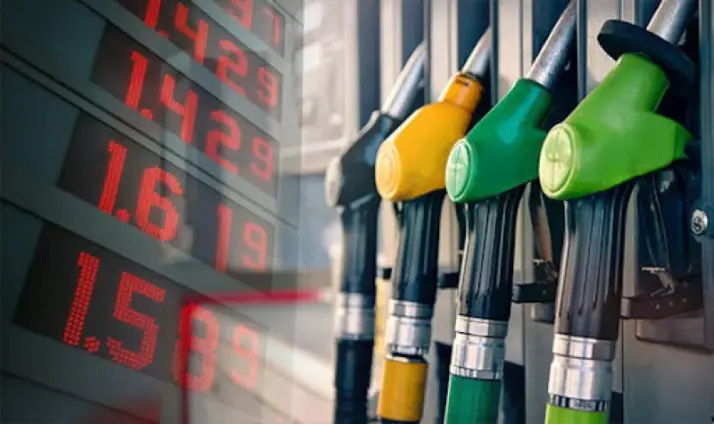The Ghana Revenue Authority (GRA) has commenced the full nationwide implementation of the revised Energy Sector Fuel Levy, imposing an additional GH¢1 per litre on key petroleum products, effective Tuesday, July 16, 2025.
This new charge forms part of the Energy Sector Shortfall and Debt Repayment Levy (ESSDRL) under the recently passed Energy Sector Levies (Amendment) Act, 2025 (Act 1141). The levy is designed to generate critical revenue to address financial shortfalls and repay legacy debts that continue to burden Ghana’s energy sector.
In a statement issued Monday night, the GRA confirmed that all systems are now operational following two earlier postponements. It has directed petroleum marketing companies, depots, and retail fuel stations to ensure full compliance with the updated pricing framework from today.
“All petroleum stakeholders must apply the levy accurately and transparently,” the GRA emphasized, warning that compliance will be closely monitored to prevent price manipulation or exploitation of consumers.
Originally scheduled for June 9, the implementation of the levy was pushed to June 16 due to strong resistance from transport unions and oil marketing companies, who feared that the new charges would increase pump prices and worsen the cost of living crisis.
The levy was later deferred a second time to allow for a broader analysis of global oil market trends and their impact on domestic pricing structures. After consultations with the Ministry of Finance, Ministry of Energy and Green Transition, the National Petroleum Authority (NPA), and other stakeholders, the government cleared the path for today’s launch.
According to the GRA, the funds raised through the ESSDRL will be channeled toward clearing longstanding energy sector debts—including arrears owed to power producers, fuel suppliers, and service contractors—which have crippled operations and threatened supply reliability.
“The goal is to stabilize the sector and ensure consistent fuel and power delivery to homes and industries,” the GRA noted.
The GRA further assured the public that the levy will be applied uniformly across the country, and that any discrepancies in pump prices or levy implementation should be reported immediately.
Despite its policy intentions, the new fuel levy is expected to trigger price hikes at the pump, potentially increasing transport fares, commodity prices, and operational costs for businesses. Consumer advocacy groups have urged the government to introduce mitigation measures, such as transport subsidies or targeted relief programs, to protect vulnerable households.
Meanwhile, opposition parties and some policy analysts continue to question whether the levy will be managed transparently and if it offers a sustainable solution to Ghana’s energy sector challenges.

